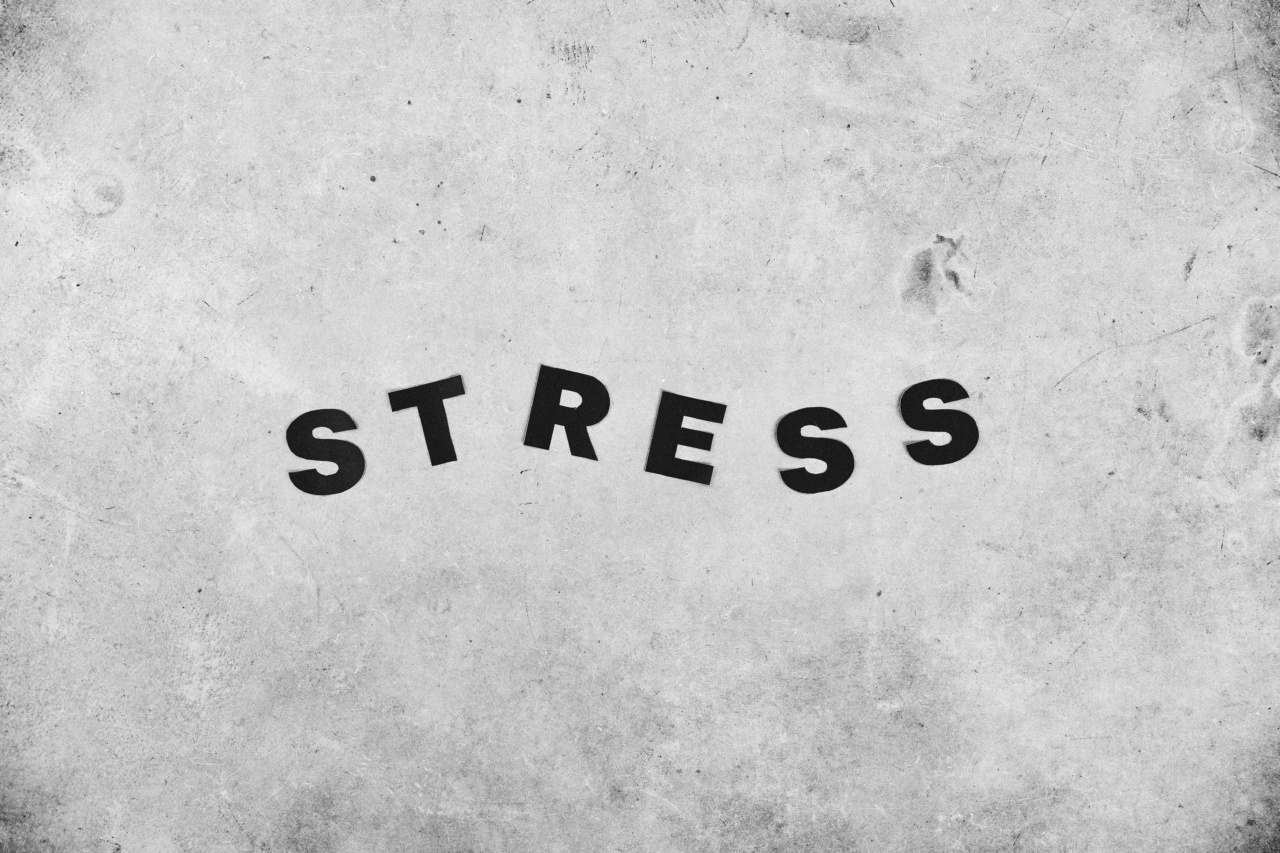Anxiety and stress are common experiences that many people face in their daily lives.
Whether it’s due to work pressure, personal relationships, or other life challenges, managing anxiety and stress is essential for maintaining overall well-being.
1. Practice Deep Breathing
One effective strategy to manage anxiety and stress is deep breathing. Deep breathing exercises help activate the body’s relaxation response, reducing the feeling of anxiety and promoting a sense of calmness.
Take slow, deep breaths in through your nose, filling your abdomen with air. Hold your breath for a few seconds and then exhale slowly through your mouth. Repeat this process several times, focusing on the sensation of your breath entering and leaving your body.
2. Engage in Regular Exercise
Engaging in regular exercise is not only beneficial for physical health but also for mental well-being. Exercise releases endorphins, which are natural mood lifters.
It helps reduce stress hormones in the body, promoting a sense of relaxation and alleviating anxiety symptoms. Find activities that you enjoy, whether it’s brisk walking, jogging, yoga, or dancing, and aim for at least 30 minutes of exercise most days of the week.
3. Practice Mindfulness
Mindfulness is the practice of being fully present and aware of the current moment, without judgment. It can help reduce anxiety and stress by shifting your focus away from worrying thoughts and bringing your attention to the present.
Techniques such as meditation, body scans, and guided imagery can be effective in cultivating mindfulness. Set aside a few minutes each day to engage in mindfulness exercises and gradually increase the duration over time.
4. Prioritize Self-Care
When anxiety and stress are high, it’s crucial to prioritize self-care. Make time for activities that bring you joy and relaxation, such as reading, taking a bath, spending time in nature, or practicing a hobby.
Set boundaries and make self-care a non-negotiable part of your routine. Taking care of your physical, emotional, and mental well-being is essential for managing anxiety and stress effectively.
5. Maintain a Healthy Lifestyle
A healthy lifestyle can contribute significantly to anxiety and stress management. Ensure you are getting enough sleep, as sleep deprivation can exacerbate anxiety symptoms.
Eat a balanced diet rich in fruits, vegetables, whole grains, and lean proteins, as proper nutrition plays a crucial role in overall well-being. Limit the consumption of caffeine and alcohol, as they can increase anxiety and disrupt sleep patterns.
6. Seek Support from Loved Ones
When dealing with anxiety and stress, seeking support from loved ones can make a significant difference. Share your feelings and concerns with someone you trust, whether it’s a family member, friend, or therapist.
Talking about your emotions can provide relief and help you gain new perspectives on managing anxiety. Surround yourself with a supportive network of people who uplift and understand you.
7. Practice Time Management
Time management is crucial for reducing anxiety and stress. Feeling overwhelmed by a long to-do list can intensify anxiety symptoms. Prioritize tasks and break them down into smaller, manageable steps.
Set realistic goals and deadlines, and delegate tasks when necessary. By effectively managing your time, you can alleviate the pressure and create a sense of control over your daily responsibilities.
8. Challenge Negative Thinking Patterns
Anxiety often stems from negative thinking patterns and catastrophic thoughts about the future. Challenge and reframe these thoughts by questioning their validity and replacing them with more realistic and positive interpretations.
Practice positive affirmations and surround yourself with positive influences. Keep a journal to identify recurring negative thoughts and work on replacing them with healthier and more rational thinking patterns.
Conclusion
Managing anxiety and stress is vital for maintaining overall well-being.
By practicing deep breathing, engaging in regular exercise, practicing mindfulness, prioritizing self-care, maintaining a healthy lifestyle, seeking support from loved ones, practicing time management, and challenging negative thinking patterns, you can effectively reduce anxiety and stress levels. Incorporate these simple strategies into your daily routine and observe the positive impact they have on your mental and emotional health.































